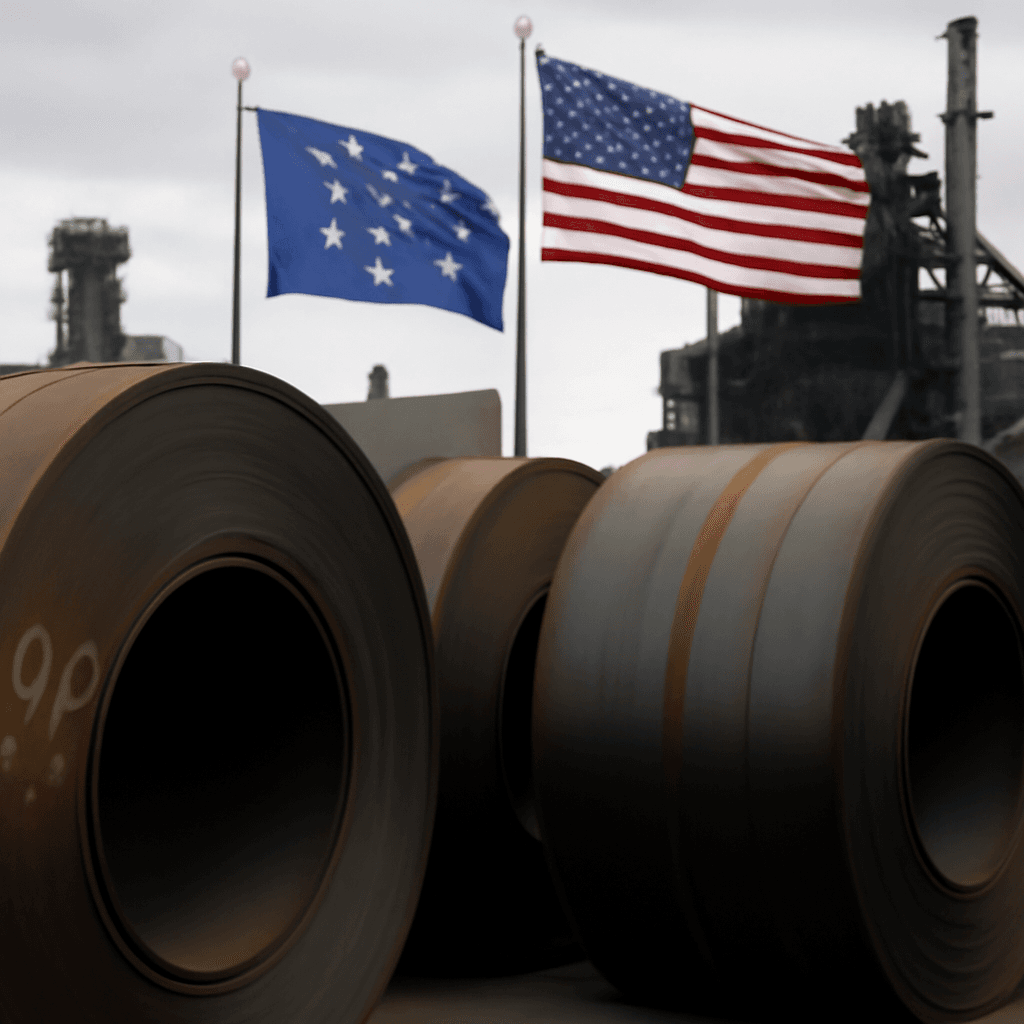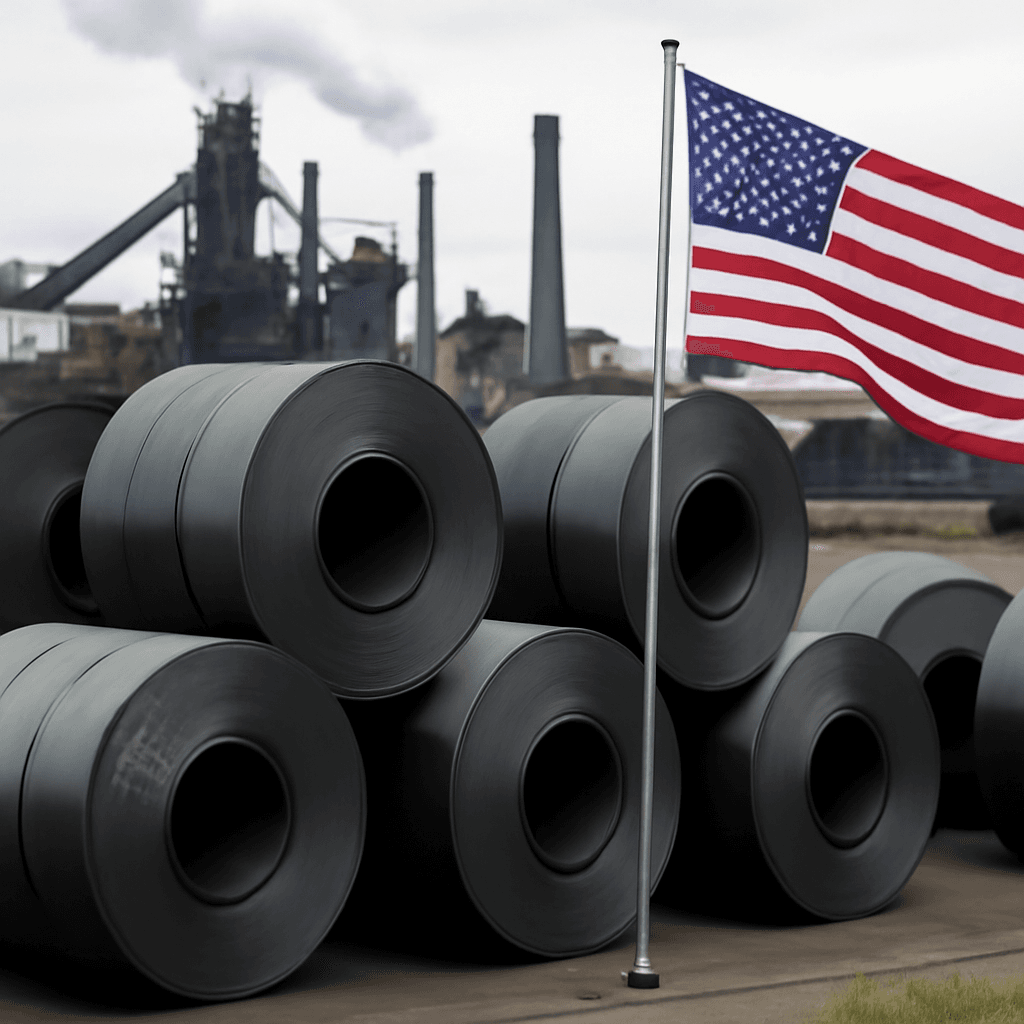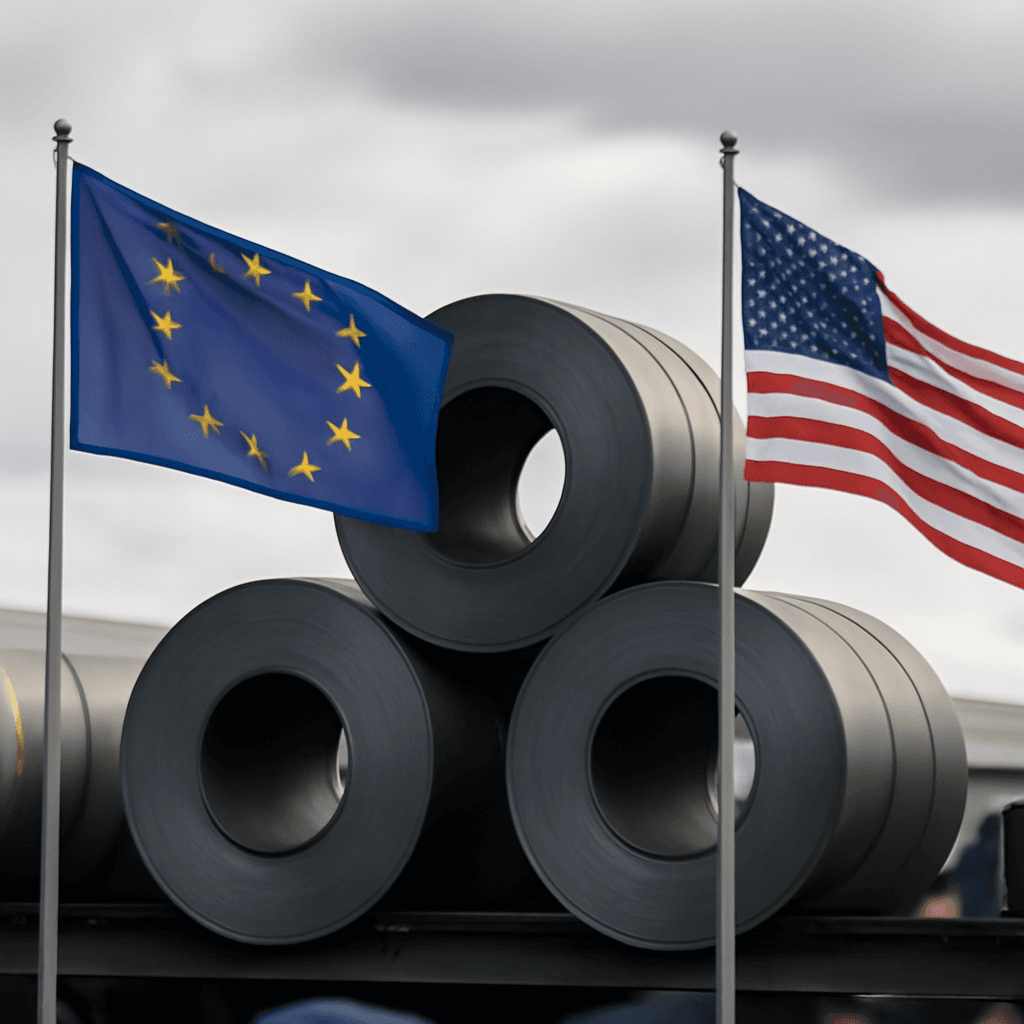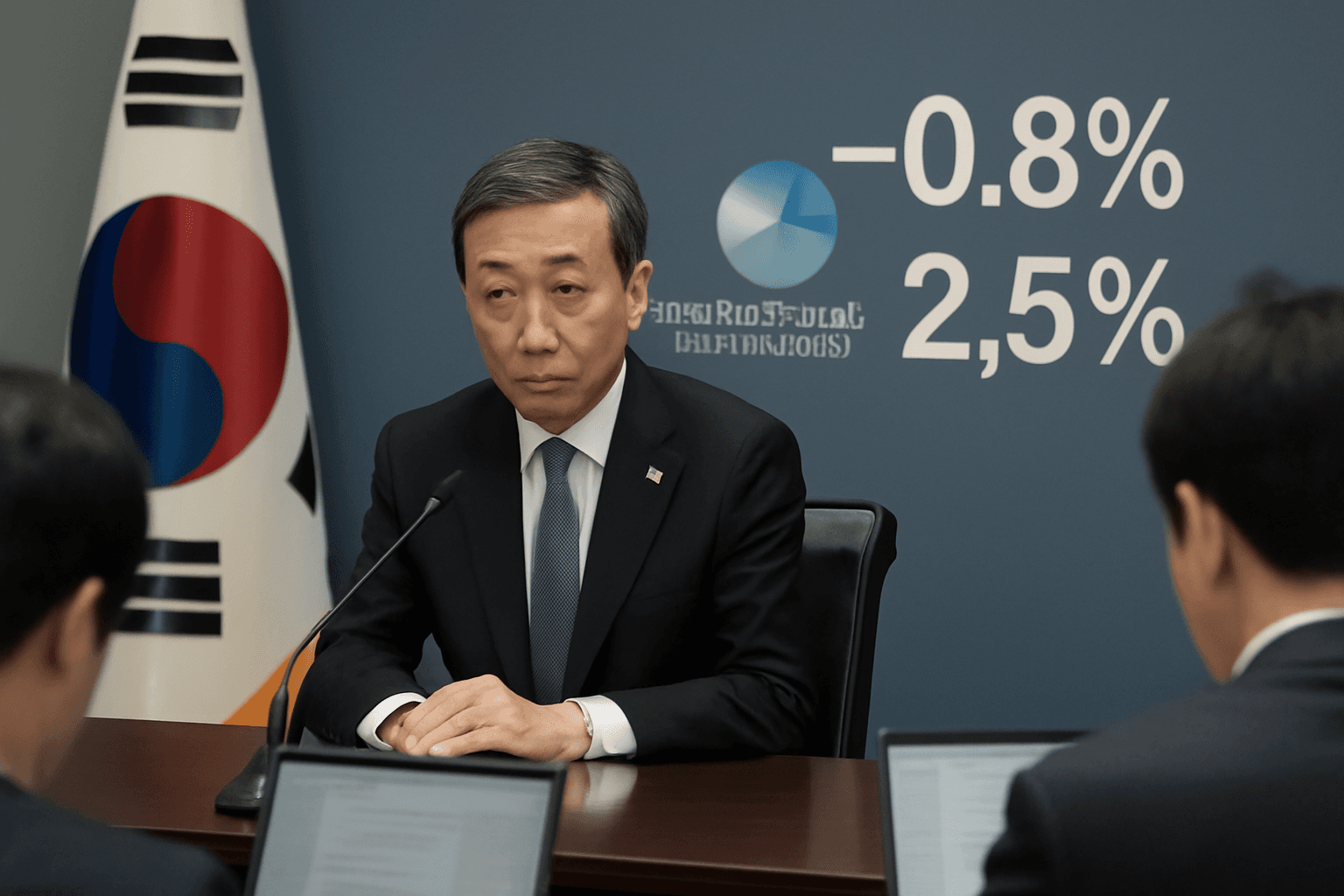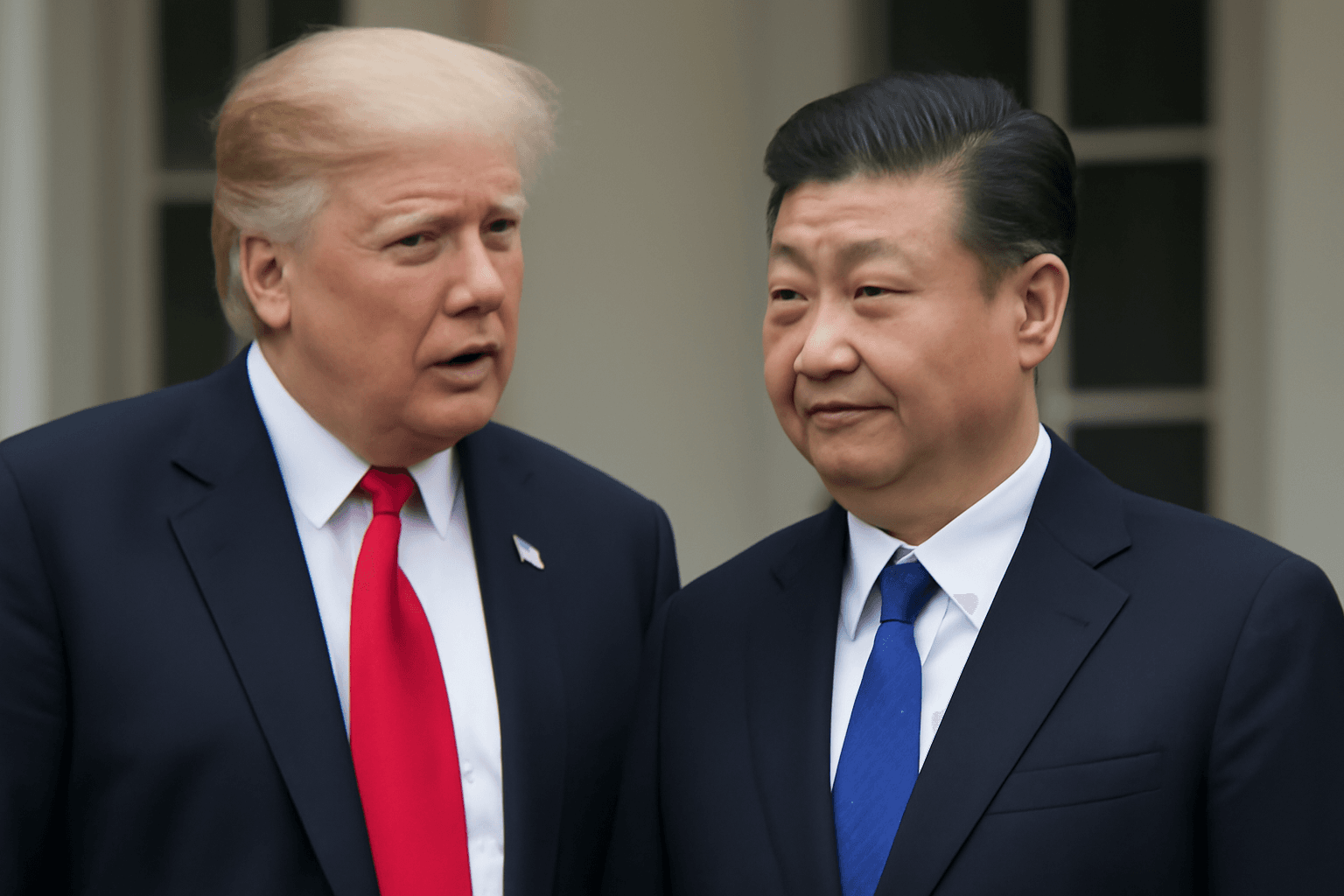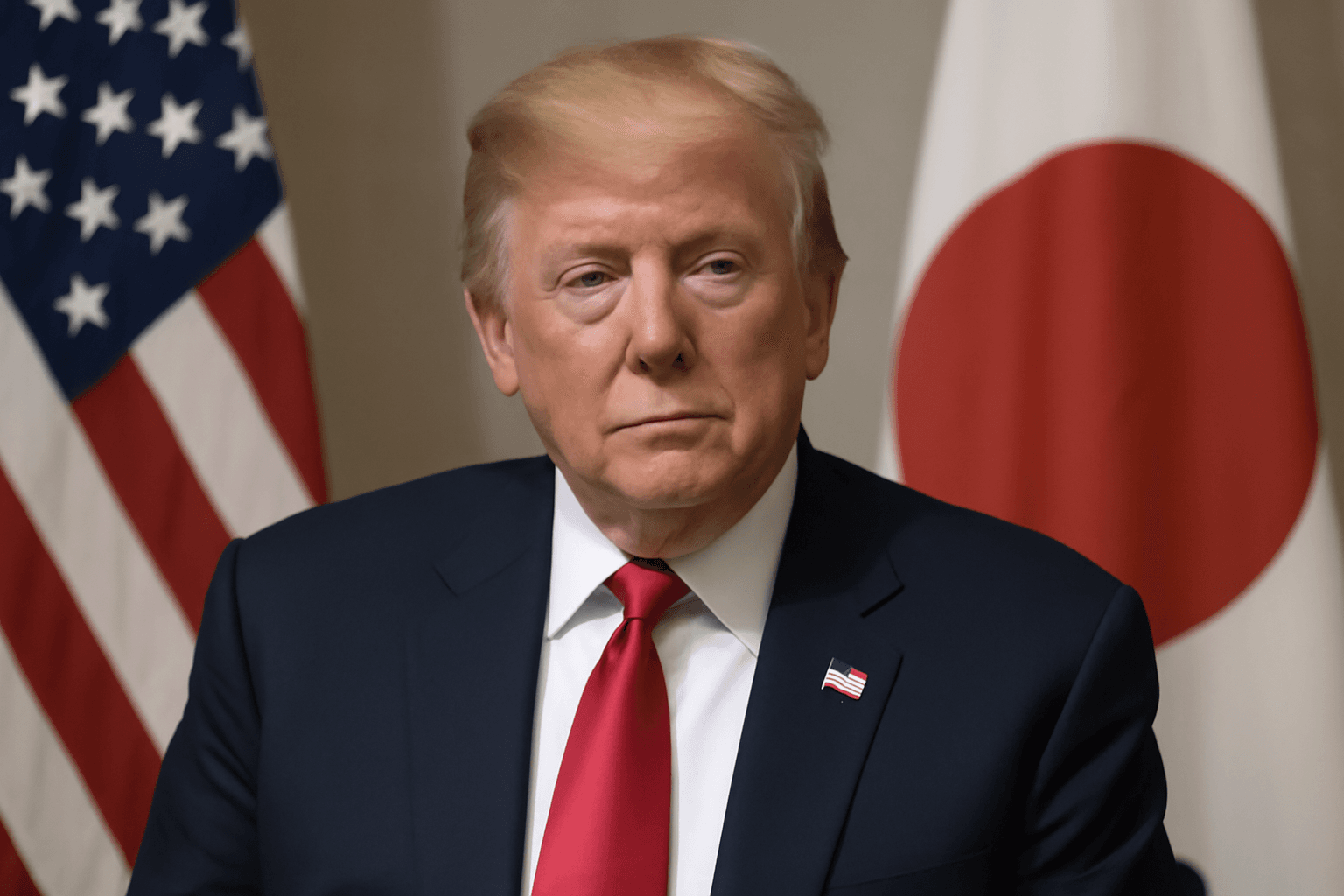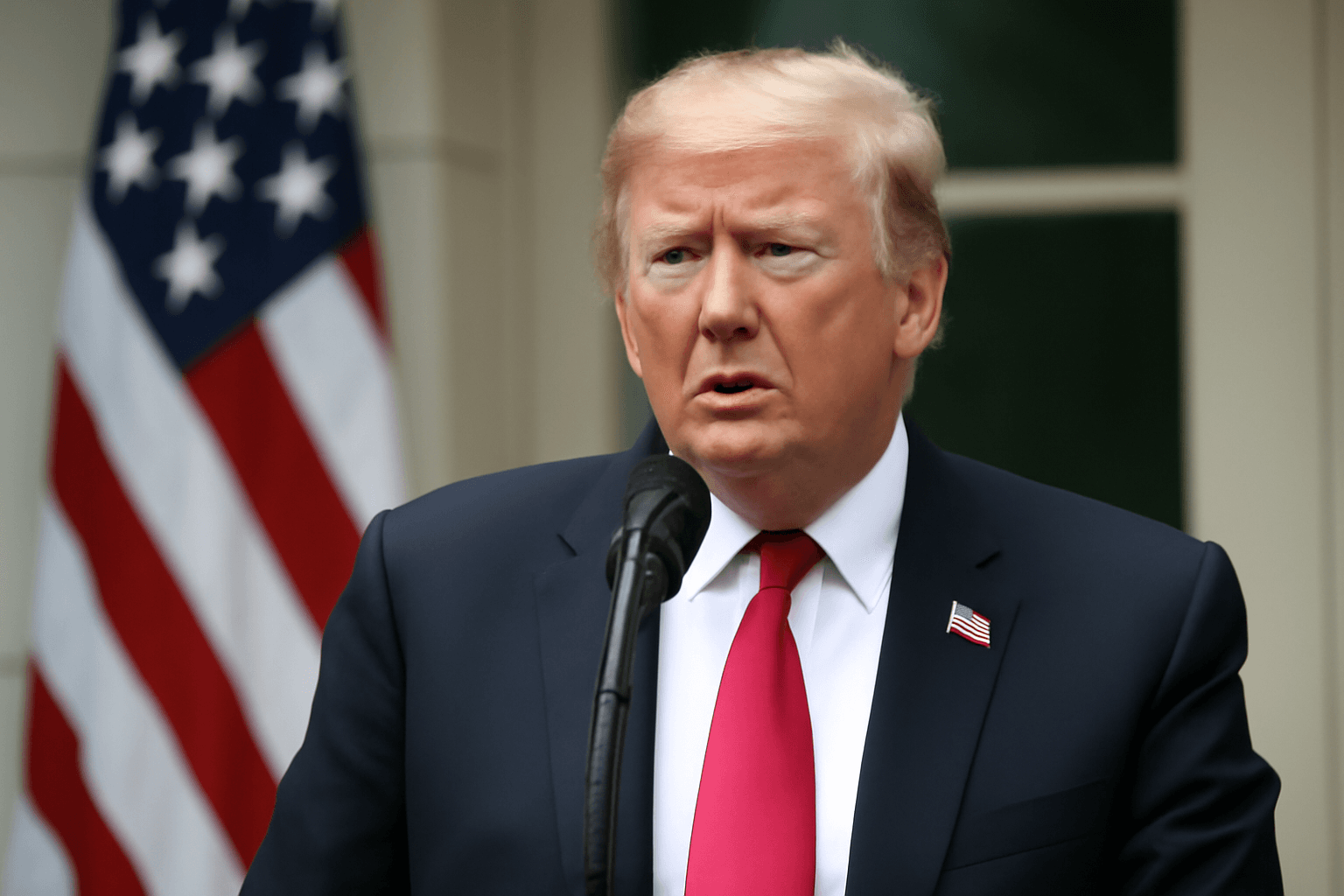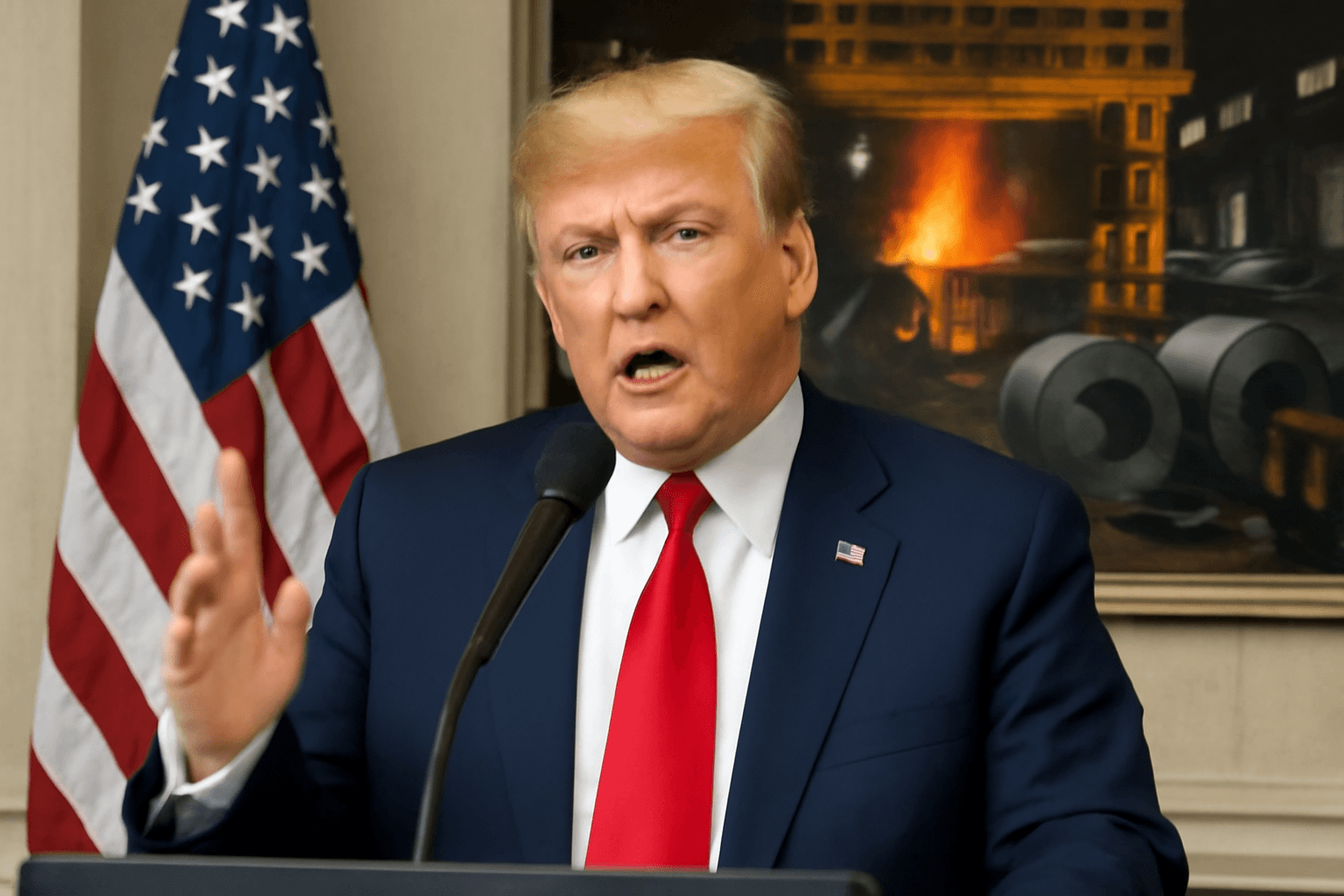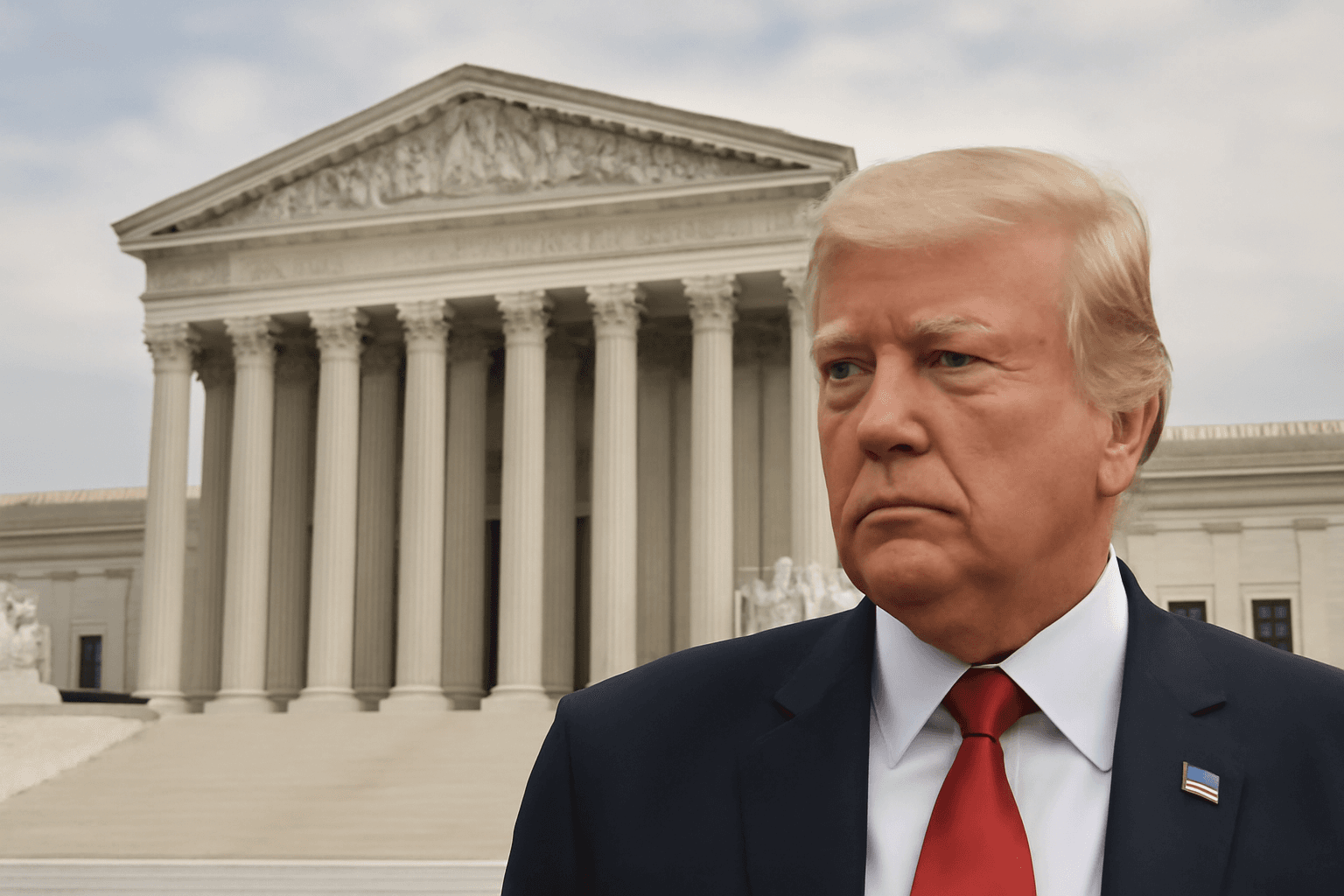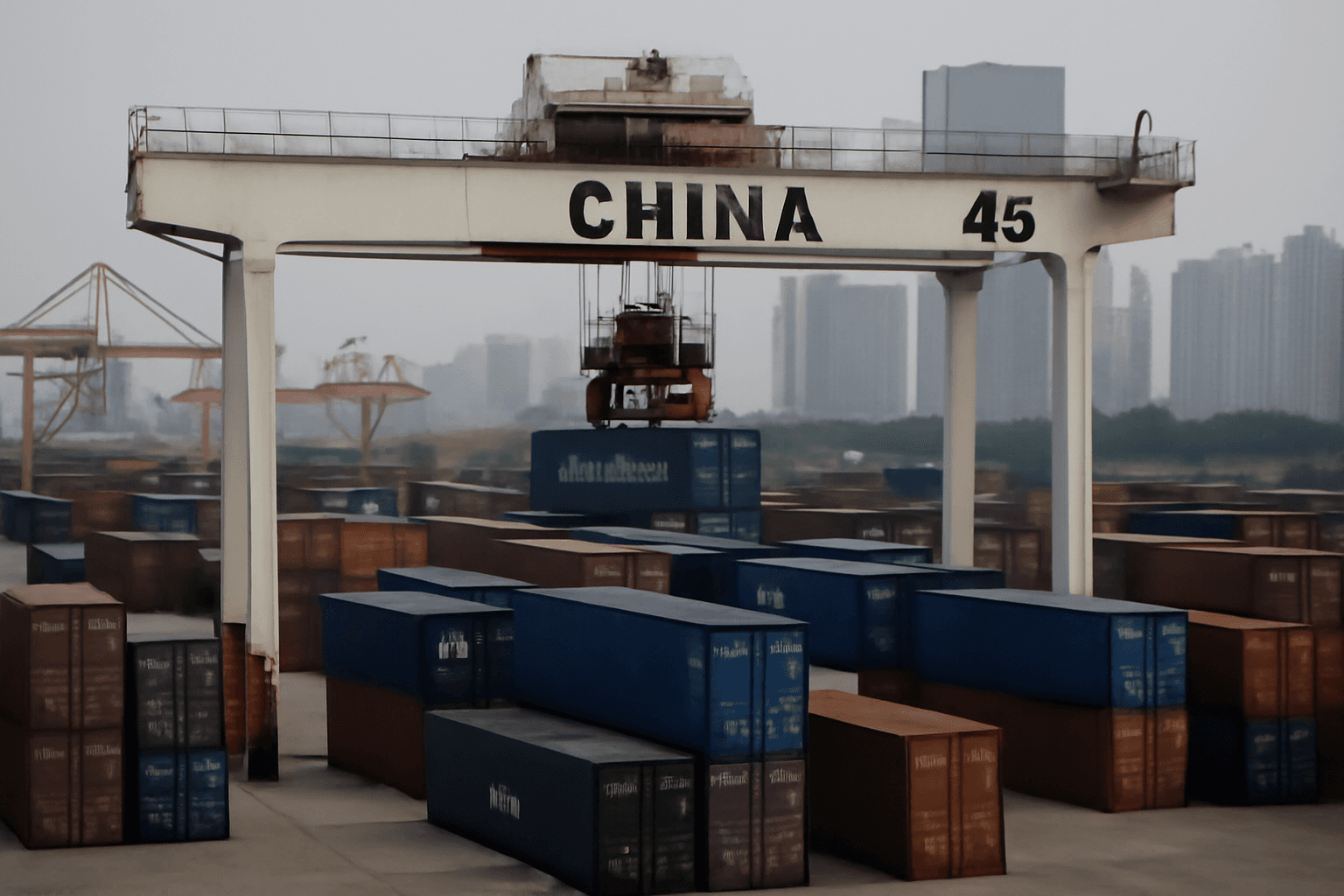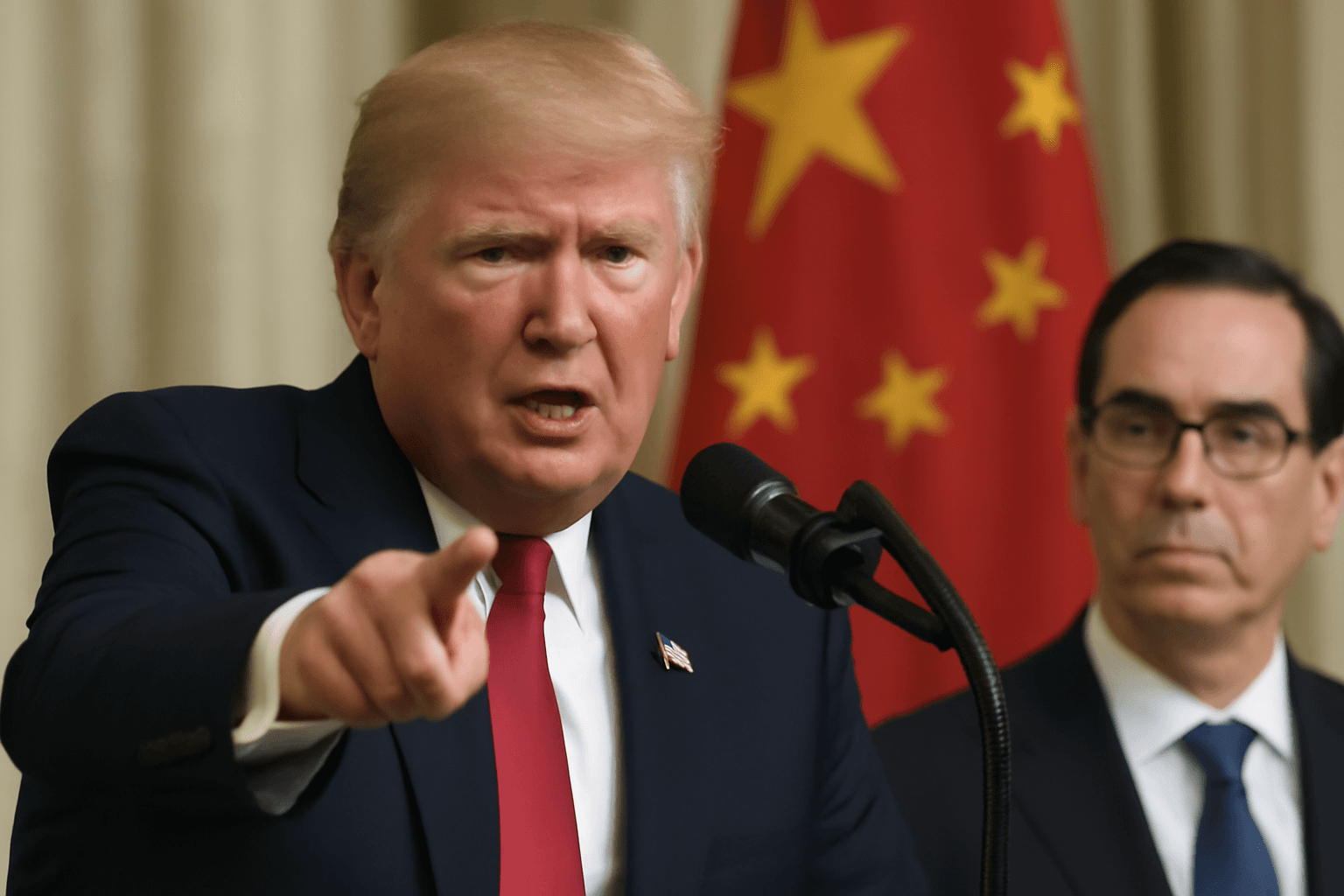EU Expresses Strong Regret Over New US Steel Tariffs
The European Union has formally expressed strong regret concerning the recent decision by the United States to increase tariffs on imported steel and aluminum. The EU warns that such measures jeopardize ongoing efforts to negotiate a mutually agreeable solution between the two parties.
Details of US Tariff Increase and EU Response
U.S. President has announced plans to raise tariffs on steel imports from 25% to 50%, escalating pressure on global steel producers amid intensified trade tensions. In response, the European Commission has stated it is prepared to impose retaliatory measures if a satisfactory agreement is not reached.
Key points from the EU statement include:
- If no compromise is achieved, existing and new EU countermeasures will come into effect by July 14, or potentially earlier.
- The European Commission acts on behalf of all 27 member states in trade negotiations, emphasizing that individual countries or companies cannot negotiate separate deals with the US.
Impact of Tariffs on Steel Prices and Industry
Since the initial tariffs were introduced, steel prices in the US have surged by approximately 16%. As of March 2025, the cost of steel in the US reached $984 per metric ton, significantly exceeding prices in Europe ($690) and China ($392).
The United States produces roughly three times more steel domestically than it imports, with major import sources including Canada, Brazil, Mexico, and South Korea. Analysts credit these tariffs with strengthening the US steel industry during the previous administration's term.
Political and Economic Implications
The tariff hike is also viewed as an effort to protect domestic manufacturing jobs, particularly among blue-collar workers, which remain a key constituency. The move follows the administration's broader strategy to encourage domestic investment and manufacturing growth.
Trade disputes and retaliatory policies could further complicate relations between the EU and the US, potentially impacting a broad range of industries and raising concerns about escalating trade conflicts.
Summary of Current Situation
- US tariffs on steel and aluminum increased from 25% to 50%
- EU ready to impose retaliatory tariffs if no resolution by mid-July
- Steel prices significantly higher in the US compared to global markets
- Ongoing trade negotiations remain critical to stabilizing relations

